Red Bull and Max Verstappen suffered through a disastrous Bahrain Grand Prix weekend, in direct contrast to the Dutchman's unlikely and superlative triumph in Japan a week previously.
Sometimes in F1, everything goes wrong all at once, and that appears to be what Red Bull and its talisman endured in Sakhir.
From the outset at the Bahrain International Circuit, Verstappen was unhappy. After sitting out FP1 for Ayumu Iwasa, the four-time drivers' champion complained about the balance of his RB21 in the second practice session.
In qualifying, the 27-year-old was more than half a second adrift of pole-sitter Oscar Piastri, making do with seventh on the grid.
Significant brake issues, which had plagued Verstappen for most of the weekend, reared their ugly head during the hour, and things did not improve in the grand prix, despite Red Bull changing numerous brake components in parc fermé.
Coupled with the balance and brake issues was painfully high tyre wear and uncharacteristically poor pit stops from the Milton Keynes-based squad - albeit as a result of an issue with the traffic-light system - leaving the 64-time grand prix winner to cross the line more than half a minute behind Piastri, despite a mid-race safety car.
Helmut Marko stated after Verstappen's sixth-place finish - bolstered by overtaking Pierre Gasly's Alpine on the final lap - that Red Bull is the fourth-best team at the moment. But how big was its lead driver's disadvantage during the race?
Data from the grand prix shows Red Bull is facing a daunting, uphill battle to close the gap to its rivals ahead.
Bahrain provided a representative picture of the balance of power, something afforded by the warmer temperatures and the wealth of information already established by F1 testing there year after year - even if pre-season testing was surprisingly cold this term.
The verdict is clear: Verstappen was staring down the barrel of a nine-tenths-per-lap shortfall against race-winner Piastri.
That was in part owing to the clean air the Australian had to work with, but the gap to George Russell and Charles Leclerc is perhaps the most troubling for Verstappen.
The fact he was conceding around four-tenths per lap to the fastest Mercedes and Ferrari clearly shows the extent of the problem Red Bull is up against.
The race pace data from the Bahrain Grand Prix is below. The article continues thereafter.
Painting a concerning picture
During the second phase of the race, Verstappen was an outlier. Red Bull opted to pit the Dutchman onto the white-walled hard tyre, but it did not respond as the team hoped and he was unable to make progress (as shown by the lap time breakdown below).
This left his lap times down in the mid 1:38 to high 1:39 range, and at points in the low 1:40s. By comparison, Piastri was comfortably in the 1:37s window on the medium Pirellis.
As soon as Verstappen swapped the hards for his own set of medium compound tyres after 26 laps, things did improve, but he was nonetheless only able to match the Ferrari of Lewis Hamilton's pace and by that stage, the British driver was on the hard Pirellis.
As was the case before the safety car, the Red Bull could not contend with the performance of Leclerc or Russell after the intervention.
Red Bull had not run the hard compound until the race, so there remains the possibility this was a one-off confluence of circumstances.
But nevertheless, the picture in Milton Keynes is bleak. When you add up the data, brake and balance problems, as well as pit stop errors, it paints a portrait of a team lost at sea.
Verstappen's brilliance, like last season, masks much of the multifaceted problem, but the Bahrain Grand Prix confirmed that Red Bull, under normal conditions, is dealing with a huge deficit to McLaren and Mercedes, in particular.
The issues being track-specific to the Sakhir circuit is an unlikely glimmer of hope, and Red Bull in its current condition cannot fight for the championships; performances like Verstappen's in Suzuka alone cannot sustain the title hunt.
Also interesting:
Join RacingNews365's Ian Parkes, Sam Coop and Nick Golding, as they look back on the Bahrain Grand Prix and look ahead to this weekend's race in Saudi Arabia. The contrasting McLaren duo are discussed, as is the possibility of Max Verstappen joining Mercedes.
Rather watch the podcast? Click here!
Don't miss out on any of the Formula 1 action thanks to this handy 2026 F1 calendar that can be easily loaded into your smartphone or PC.
Download the calenderMost read
In this article
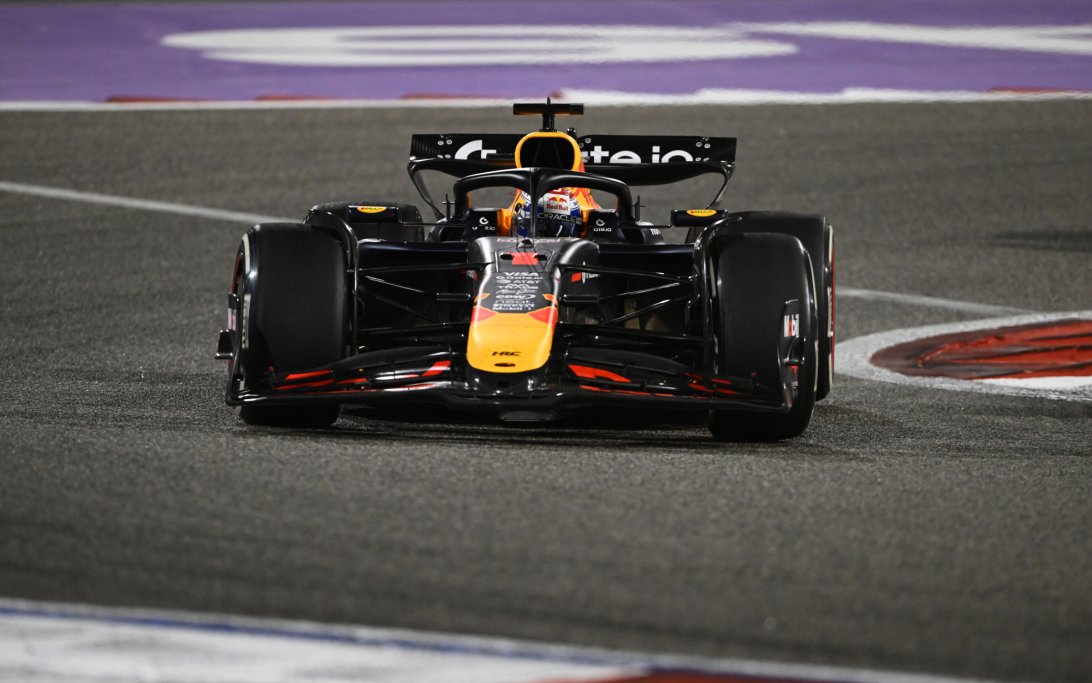
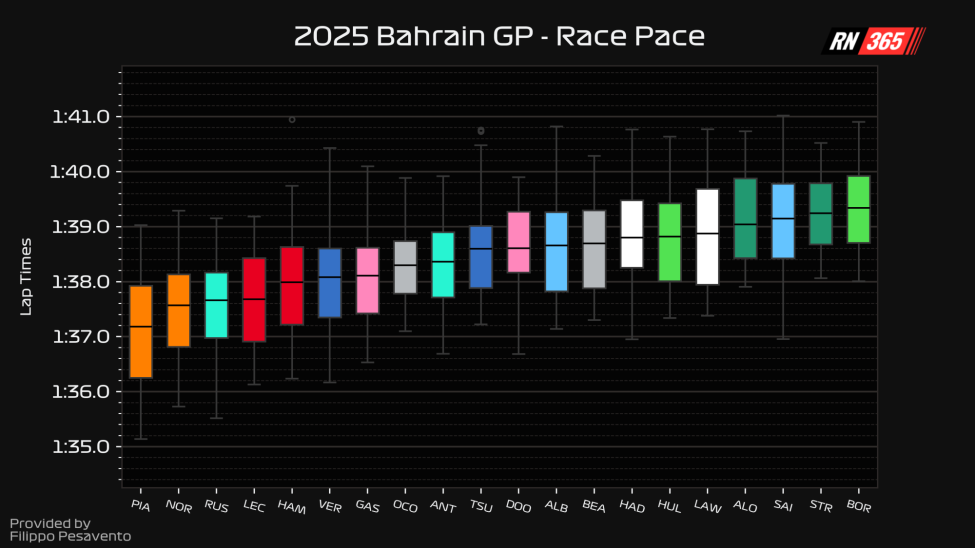
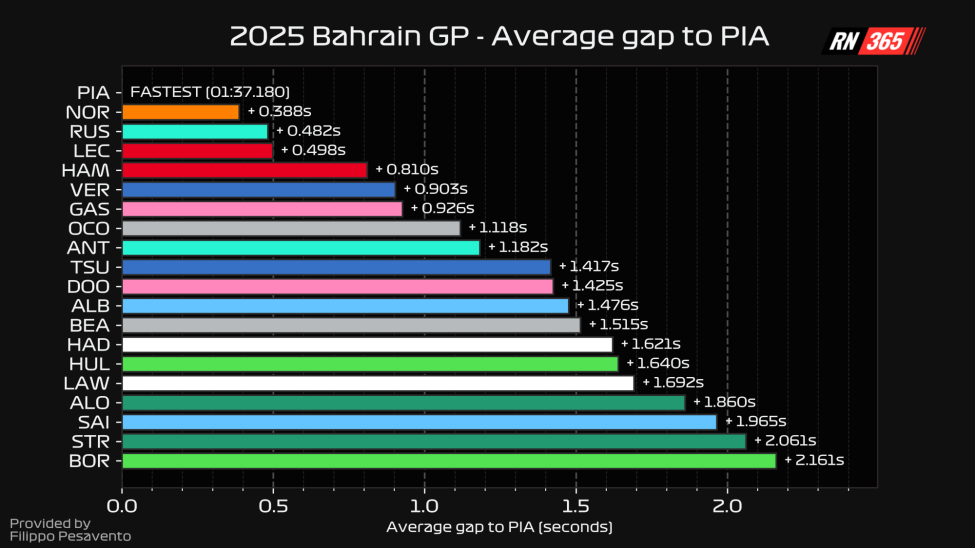
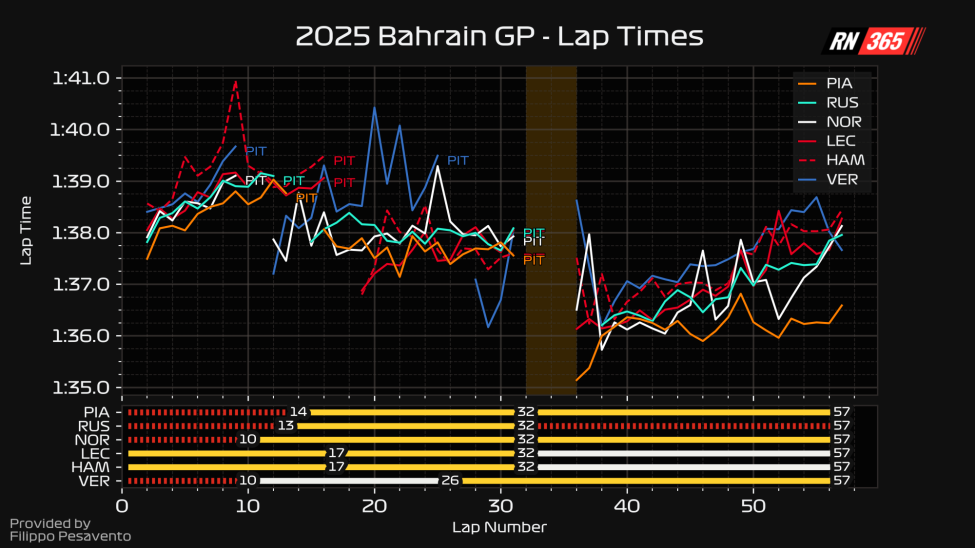


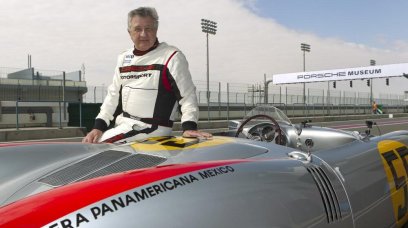
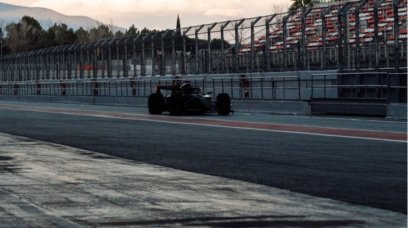
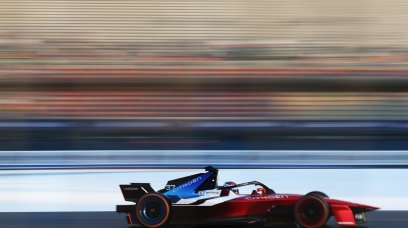
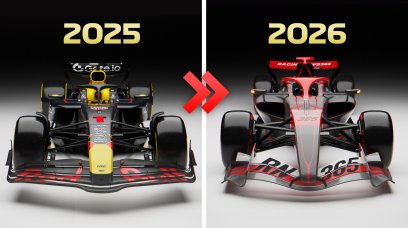
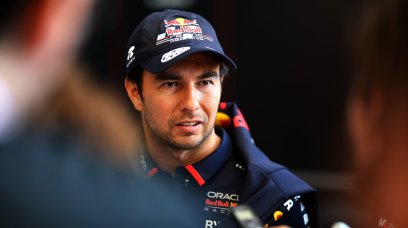

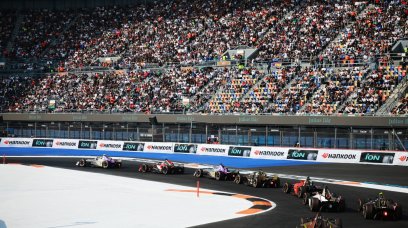
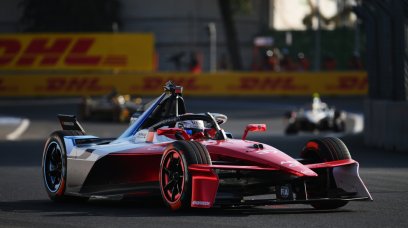
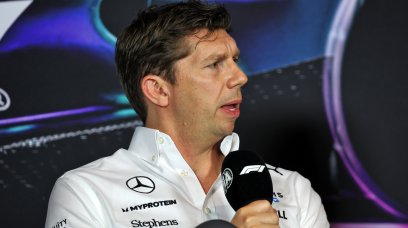
Join the conversation!